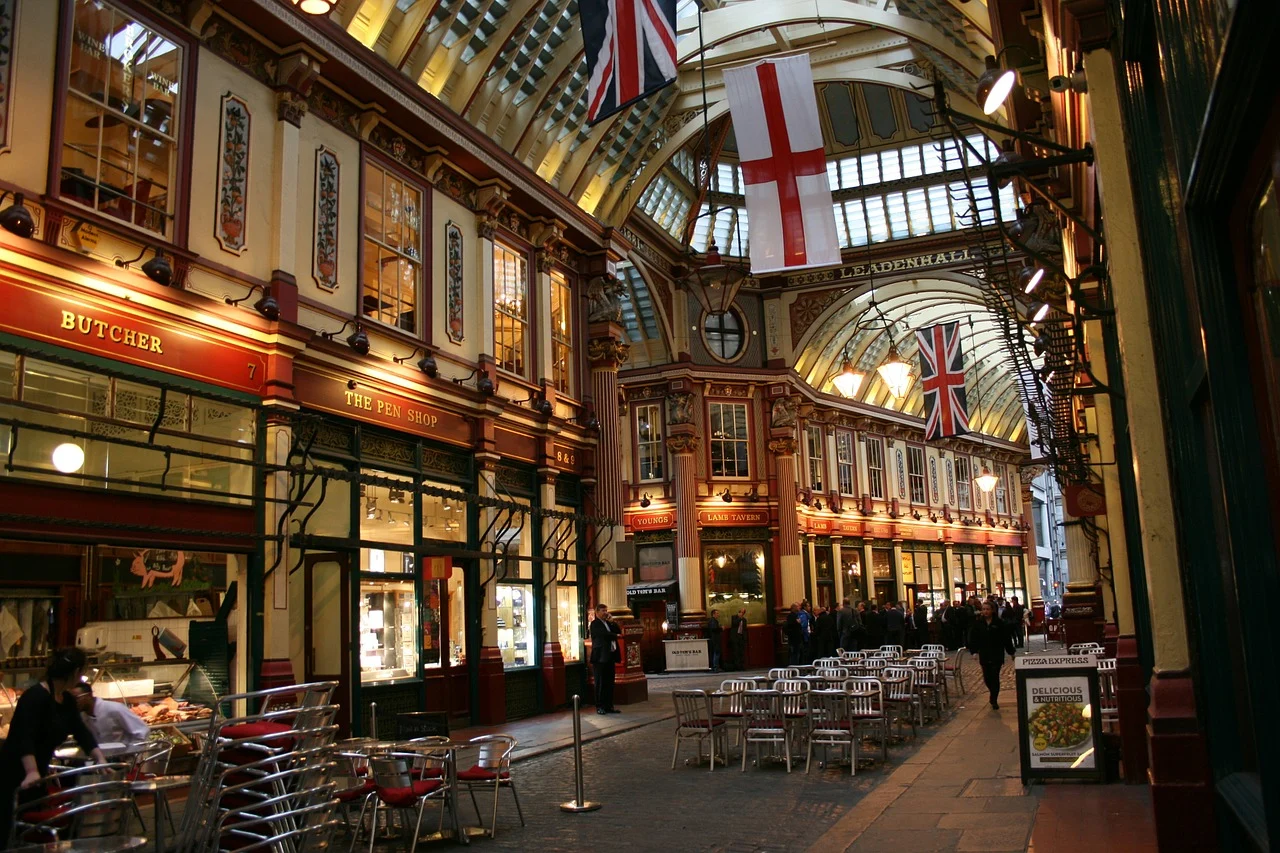LONDON (Parliament Politics Magazine): The cost of living is growing significantly, not just in the UK but around the world, from buying groceries to heating our houses.
Inflation, or the rate at which prices rise, has reached new highs since 2008. The following are some of the causes for this.
- Soaring prices of fuel and energy
Oil prices fell sharply as the pandemic started, but demand has subsequently soared to a seven-year high.
In the United States, the average price of gasoline is $3.31 per gallon, up from $2.39 a year ago. In the UK and the EU, the situation is identical.
The cost of petrol has also increased, resulting in sky-high central heating expenditures for consumers all around the world.
Prices have risen as a result of increased demand from Asia, as well as a harsh winter in Europe the previous year that depleted gas reserves.
- Shortages of goods
During the pandemic, the cost of several common consumer goods increased.
Having no choice of going out to eat or go on vacation during the shutdown last year, consumers splurged on household items and home upgrades.
Since then, manufacturers in regions like Asia, many of which were forced to close due to Covid limitations, have found it challenging to keep up with demand.
Material shortages, such as plastic, concrete, and steel, have resulted, driving up prices. In 2021, timber in the United Kingdom cost up to 80% more than usual, and it cost more than twice as much in the United States.
Because of rising supply chain expenses, major US retailers Nike and Costco have raised their pricing.
- The cost of shipping
Following the outbreak, global shipping businesses – which transport commodities throughout the world – have been swamped by increased demand.
As a result of this, the retailers were forced into paying much more for those goods in the stores. This resulted in the prices being passed onto the consumer.
One 40ft container coming from Asia to Europe now costs $17,000 (£12,480), which is ten times more than the previous year’s cost of $1,500 (£1,101).
Following this is an increase in air freight prices, which has been exacerbated by a European lorry driver scarcity.
In December, transportation bottlenecks seemed to be lessening, with the United States beginning to address record port congestion.
However, Omicron and other Covid variants to come in future have the potential to reverse this trend.
- Increased wages
During the pandemic, many people left the labour or changed their jobs.
According to the US Department of Labor, over four million Americans resigned their employment in April, the highest number on record.
As a result, companies are having difficulty finding staff like restaurant waiters, food processors and drivers.
According to a survey of 50 large US retailers, 94% of them are having problems filling open positions.
As a result, businesses are being forced to raise wages or offer signing-on bonuses in order to attract and keep employees. McDonald’s and Amazon are both giving $200 to $1,000 as hiring bonuses.
Consumers are once again bearing the brunt of the increased employer costs. Part of the reason for projected price increases in 2022 are partly rising wages, according to global clothing manufacturer Next.
- The effect of the climate
Inflation has been aided by extreme weather conditions in many regions of the world.
Hurricanes Ida and Nicholas wreaked havoc on global oil supplies by destroying US oil infrastructure in the Gulf of Mexico.
And challenges satisfying requirements for microchips were exacerbated last year when a severe winter storm shut down major plants in Texas.
Coffee prices have also risen as a result of a poor harvest in the world’s largest producer, Brazil following the country’s worst drought in nearly a century.
- Barriers to trade
Imports that are more expensive are also contributing factors to increasing prices. In the first half of 2021, new post-Brexit trade restrictions are expected to have lowered imports from the EU to the UK by around a quarter.
For many UK visitors to Europe this year, roaming costs are returning.
Separately, US import duties on goods from China have largely been passed on to American consumers in the form of increased pricing.
Last year, Huawei, the Chinese telecoms giant, stated that US penalties imposed on the business in 2019 were harming US suppliers and global consumers and US suppliers.
- End of pandemic assistance
Governments throughout the world are reducing the assistance given to businesses to help them cope with the effects of the coronavirus.
During the pandemic, governments over the world boosted their spending and borrowing. As a result, tax increases have added to the cost-of-living pressure, despite the fact that most people’s earnings have remained steady.
Many advanced economies have policies to safeguard workers, such as furloughs, as well as welfare policies to protect the poor.
As the support measures come to an end, some economists believe these policies will push inflation higher.






